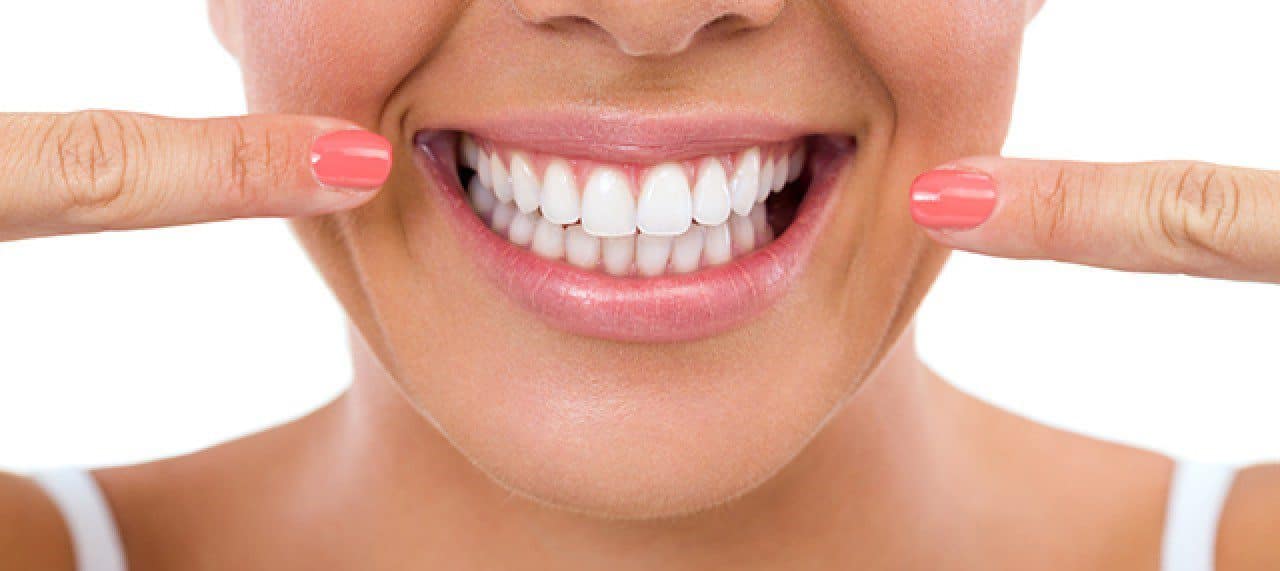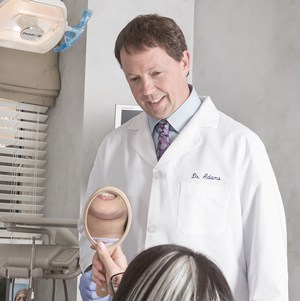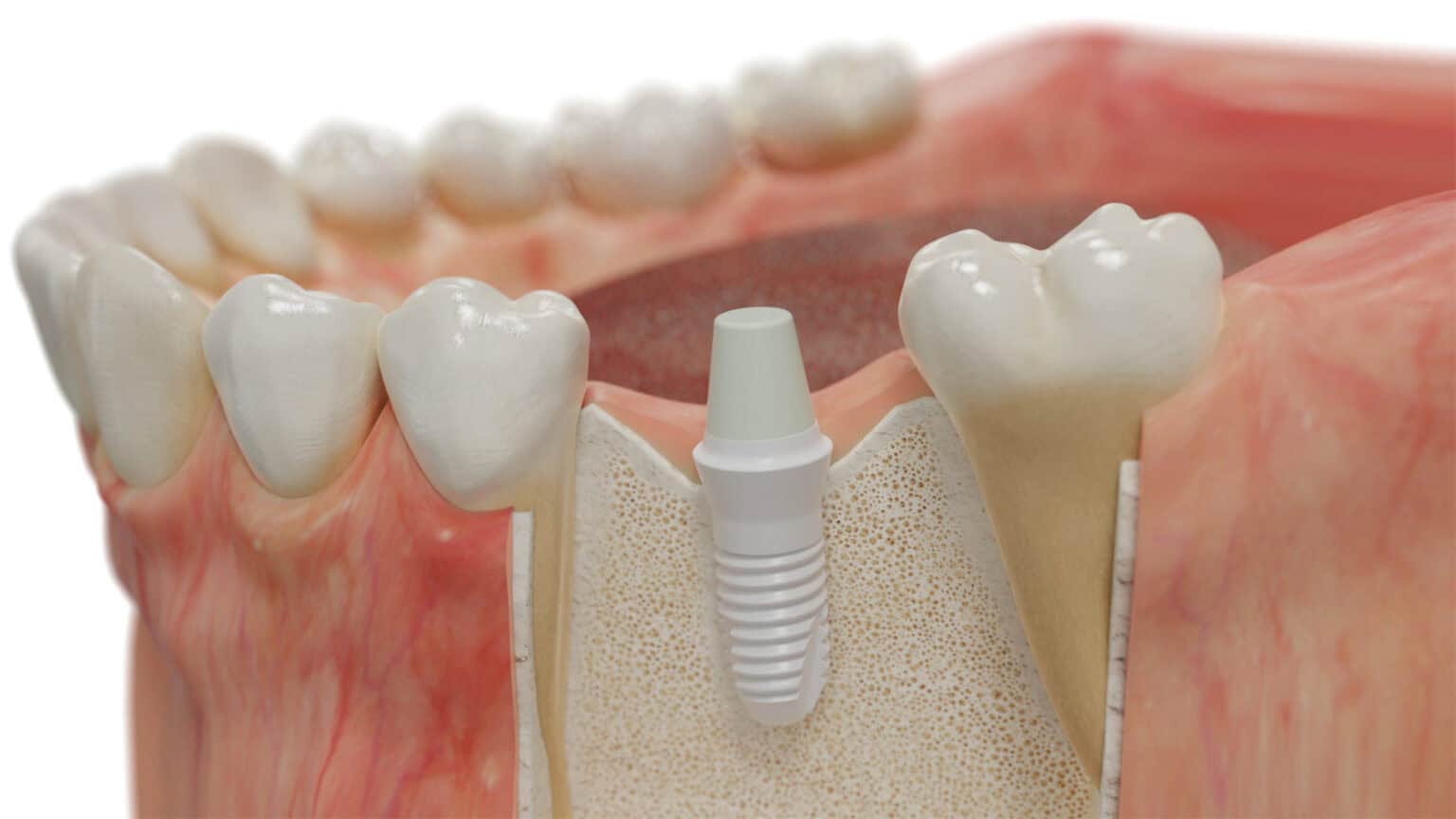Dental implants have revolutionized the field of dentistry, offering a reliable solution for missing teeth. However, not all dental implants are created equal. Biocompatible dental implants are gaining popularity, especially in holistic and biological dentistry, due to their unique health and functional benefits. These implants are designed to integrate seamlessly with the body, minimizing potential health risks and maximizing long-term success. Here’s a closer look at the advantages of biocompatible dental implants and why they may be the ideal choice for your oral health.

Contact us for a consultation about ceramic and other biocompatible dental implants. Dr. Gary Adams has been replacing teeth with implants for over 20 years in the Vienna, Virginia area.

Biocompatible Dental Implants are more compatible with the Body
The term “biocompatible” means that the material used in the implant is well-tolerated by the body, reducing the risk of rejection, systemic inflammation or adverse reactions. Ceramic implants contain no metal and therefore do not corrode or rust over time. Pure titanium oxide implants are much more biocompatible than titanium alloys containing other metals such as nickel, chromium and cobalt.
Common biocompatible materials include:
– Titanium: A durable and corrosion-resistant metal that integrates well with bone (osseointegration).
– Zirconia: A metal-free, ceramic material favored in holistic dentistry for its excellent compatibility and aesthetics.
Biocompatible implants are less likely to cause inflammation, allergic reactions, or sensitivities, making them a safer choice for many patients. People who have nickel and other known metal allergies should try zirconia teeth replacement options.

Minimized Risk of Inflammation and Infection
Traditional implants made from less compatible materials may cause chronic inflammation or localized infections. Biocompatible materials, particularly zirconia, resist bacterial growth and plaque accumulation, which reduces the risk of peri-implantitis—a common cause of implant failure. Inflammation leads to rejection and bacterial infection. In fact, inflammation can be the opportunistic cause of infections around implants.
By choosing biocompatible implants, you’re investing in a healthier, more stable foundation for your new tooth.
Holistic and Systemic Health Benefits of Biocompatible Implants
Biocompatible dental implants align with holistic dentistry principles by considering their impact on the entire body. Some benefits include:
Non-Metal Option: Zirconia implants are ideal for patients seeking a metal-free solution, as they eliminate concerns about metal allergies, sensitivities, or potential interference with electromagnetic fields.
Reduced Systemic Inflammation: Materials that the body tolerates well help prevent the spread of inflammation, which can negatively affect overall health, including cardiovascular and immune systems.
Improved Aesthetics of Zirconia Dental Implants
For patients concerned about the appearance of their dental implants, biocompatible options like zirconia offer superior aesthetics. Zirconia implants are:
Tooth-Colored: They blend naturally with surrounding teeth and gums, providing a seamless look.
Stain-Resistant: The ceramic material maintains its color over time, unlike metals that may darken or cause gum discoloration.
These features make zirconia implants an excellent choice for front teeth or areas where appearance is critical.
Biocompatible titanium implants foster better gum health compared to their counter parts. Healthier gums look better and do not bleed and are not puffy and sore.
Durability and Strength
Both titanium and zirconia implants are incredibly durable and designed to withstand the forces of chewing and biting. Biocompatible implants:
– Last for decades with proper care.
– Resist wear and corrosion, maintaining their integrity over time.
– Provide a stable and long-lasting solution for tooth replacement.
This durability makes them a cost-effective option in the long run.
Implant Osseointegration and Bone Health
One of the key factors in the success of dental implants is osseointegration, the process by which the implant fuses with the jawbone. Biocompatible implants excel in this area:
Titanium Implants: Known for their exceptional ability to bond with bone, providing a secure foundation.
Zirconia Implants: Also promote strong osseointegration, ensuring stability while avoiding metal-related risks.
By stimulating the jawbone, biocompatible implants help prevent bone loss, which can occur after tooth extraction or with traditional dentures.
Reduced Risk of Metal Corrosion
Traditional metal implants may corrode over time, releasing particles that could cause inflammation or systemic issues. Biocompatible materials, particularly zirconia, are non-corrosive, ensuring long-term safety and stability.
This feature is particularly important for patients with autoimmune conditions or sensitivities to metal.
Biocompatible Implants are Ideal for People with Metal Allergies or Sensitivities
For individuals with known allergies or sensitivities to metals, biocompatible dental implants provide a safe alternative. Zirconia, being metal-free, eliminates concerns about:
– Metal allergies.
– Galvanic reactions (caused by the interaction of different metals in the mouth).
– Potential immune responses.
This makes biocompatible implants a preferred choice for sensitive patients. It is not difficult to understand why biocompatible implants are preferred in biological dental offices.
Environmental and Ethical Considerations
Biocompatible implants, particularly zirconia, are often more environmentally friendly than their traditional counterparts. Zirconia is derived from natural minerals and doesn’t involve the mining of heavy metals, making it a more sustainable option.
For patients who prioritize ethical and environmentally conscious choices, biocompatible implants align with these values.
Holistic Dentistry’s Preferred Choice
Holistic and biological dentists often recommend biocompatible dental implants because they align with their philosophy of treating the whole person, not just the symptom. By considering the materials’ impact on systemic health, holistic dentists ensure that implants contribute positively to both oral and overall well-being.
Final Thoughts
Biocompatible dental implants offer numerous advantages, from superior compatibility with the body to improved aesthetics and long-term durability. Whether you’re looking for a metal-free option, seeking to reduce the risk of inflammation, or prioritizing holistic health, these implants provide a safe and effective solution.
If you’re considering dental implants, consult with a holistic dentist to discuss biocompatible options and determine the best choice for your individual needs. Or express interest in healthier teeth replacement options at your local dental implant center. Investing in biocompatible dental implants is not just about replacing a missing tooth—it’s about choosing a healthier, more sustainable solution for your overall well-being.
 703-712-1053
703-712-1053 